PhD defended – moving on
- By : Adnan Vilic
- Category : General
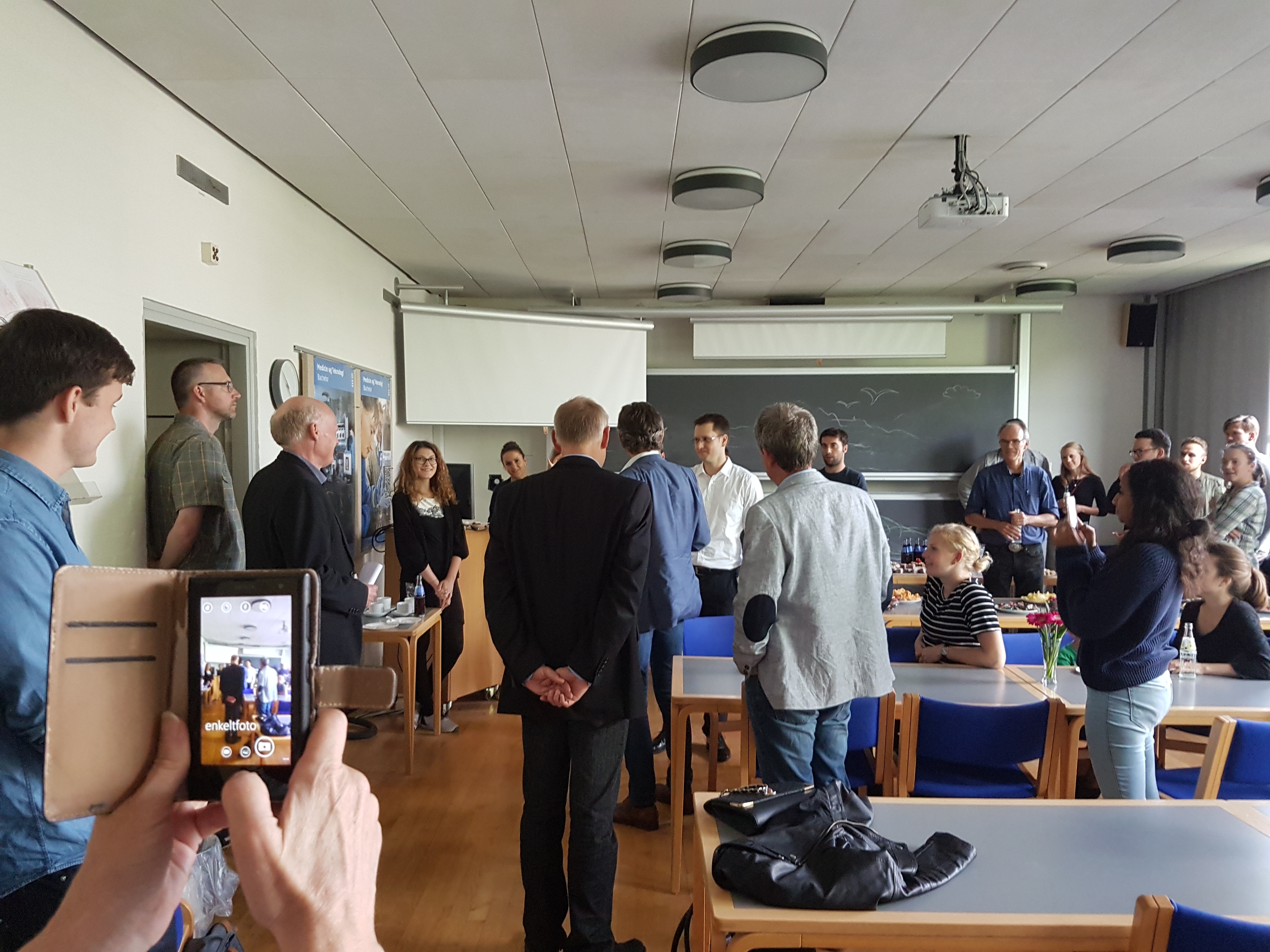
The 31st of August, I finally got to defend my PhD thesis on vital signs monitoring for critically ill patients. Here are my main points which may help someone else out there decide whether they should go for the degree.
- You define the difficulty level of all technical challenges you will face.
- Your research is new to everyone. You are the expert on your subject after ~6 months. From then on, expect no further guidance as to which direction to pursue when the plan fails that you were initially presented to.
- Networking, responsibility and independence are the core competences you will acquire.
- Skills within your domain come after that (^_^).
- (Mostly) someone paid/approved your education. They are at least as interested that you complete your education (relevant after the first year- think about it)
- Scientists are measured by quantity over quality. Publication requirements and citations by governments and universities result in most scientific papers being published in an immature state. It is therefore important to be critical towards content, and to understand the true motivation behind a publication (i.e. is the hypothesis the driving factor or is it the applied method).
From my own experience and from stories of former colleagues, I believe it is safe to say that few other environments let you grow as much over a short timespan as a PhD education.
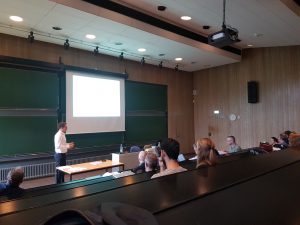
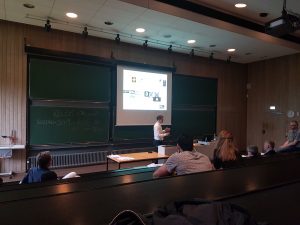
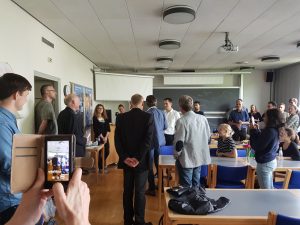
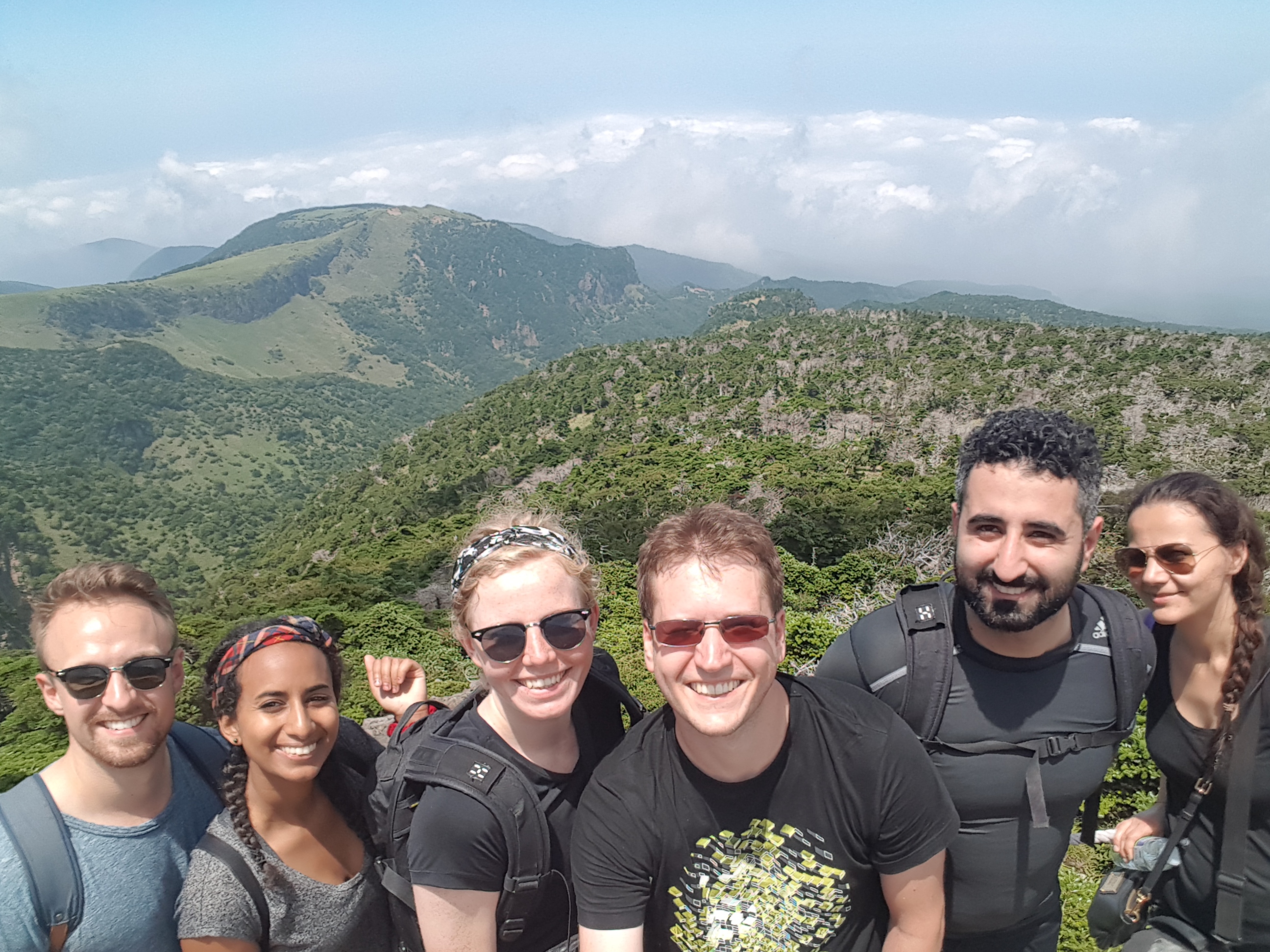


No Comments